That government is best which governs least

- Meaning
- The aphorism "That government is best which governs least" emphasizes a minimalist approach to governance, suggesting that the less the government interferes with individual lives and freedoms, the better it is for society. This concept champions personal autonomy and diminished state control, underscoring the belief that individuals are capable of managing their own affairs without unnecessary state intervention. Philosophically, it aligns with libertarianism and classical liberalism, advocating for a government that provides safety and essential services but avoids overreach and excessive regulation.
- Allegory
- The allegorical image includes a transparent government building, emphasizing the minimal and non-intrusive nature of governance. People within engage in a range of activities, symbolizing the personal responsibility and liberty that thrives best under minimal governmental control. The lush landscape and bright sky symbolize growth, potential, and the optimistic future that can be cultivated when individuals are left to manage their own affairs within a supportive, yet non-overbearing, governmental framework.
- Applicability
- In daily life, this teaching can be applied by promoting personal responsibility and encouraging self-reliance. It suggests that individuals should take more initiative in their personal and community affairs rather than relying excessively on government assistance or intervention. This approach can foster a sense of empowerment and civic engagement, encouraging people to participate more actively in societal and local issues.
- Impact
- This phrase has significantly influenced political thought and movements, particularly in the United States. It has been cited in discussions about libertarianism and has inspired various political theories advocating for limited government. It also often appears in debates about regulatory policies, taxation, and civil liberties. The idea promotes a vision of a more efficient and less intrusive government, which has resonated through generations and continues to influence contemporary political discourse.
- Historical Context
- The phrase originated in the 19th century, which was a period marked by rapid industrialization, westward expansion, and significant political change in the United States. This context is crucial as it was a time when debates about the role, size, and scope of government were intensifying. Thoreau's sentiments were a response to what he saw as the growing complexities and potential injustices of a larger, more intrusive government.
- Criticisms
- Critics of the phrase argue that minimal government intervention can lead to social inequities and a lack of essential public services. Without sufficient regulation and oversight, issues like economic disparity, environmental degradation, and inadequate healthcare may become more pronounced. Additionally, some believe that a strong government presence is necessary for protecting vulnerable populations and ensuring equitable opportunities for all citizens.
- Variations
- The idea of minimal government varies across cultures. For instance, in Scandinavian countries, a larger government role is seen as beneficial for providing extensive social services and ensuring welfare. Contrastingly, in many Westerns cultures influenced by Anglo-American thoughts, there's a strong tradition advocating for limited government intervention. These divergent views reflect different cultural priorities and values about the individual's role versus the state's role in society.
-
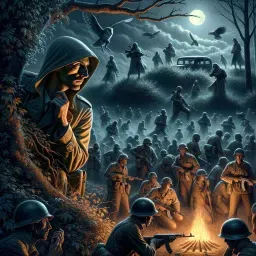
All warfare is based on deception.
-
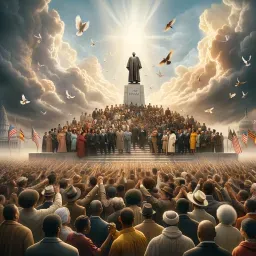
I have a dream that one day this nation will rise up and live out the true meaning of its creed: 'We hold these truths to be self-evident, that all men are created equal..
-

In my experience, there is no such thing as luck.
-
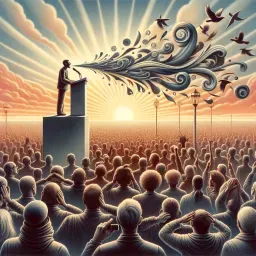
Freedom is the right to tell people what they do not want to hear.
-
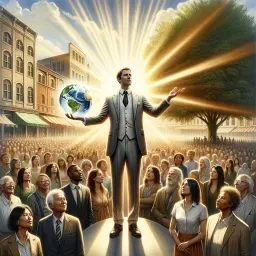
The public service is a public trust.
-
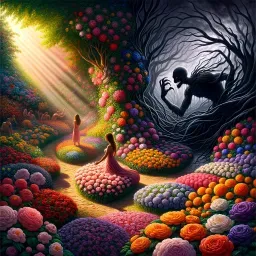
Jealousy is the grave of affection.
-
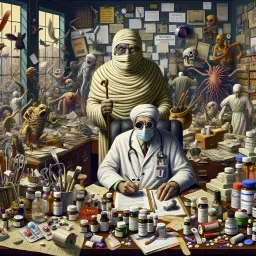
Politics is the art of looking for trouble, finding it everywhere, diagnosing it incorrectly, and applying the wrong remedies.
-

Politics, when I am in it, it makes me sick.
-

Genius is one percent inspiration, ninety-nine percent perspiration.
-

In any moment of decision, the best thing you can do is the right thing, the next best thing is the wrong thing, and the worst thing you can do is nothing.
-
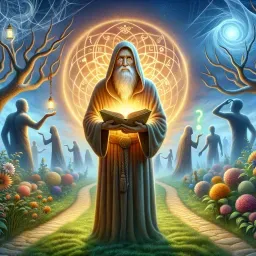
If you tell the truth, you don't have to remember anything.
-
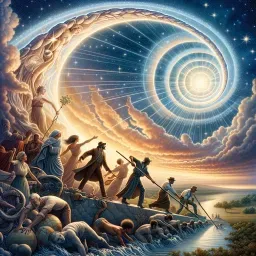
The arc of the moral universe is long, but it bends toward justice.
No Comments